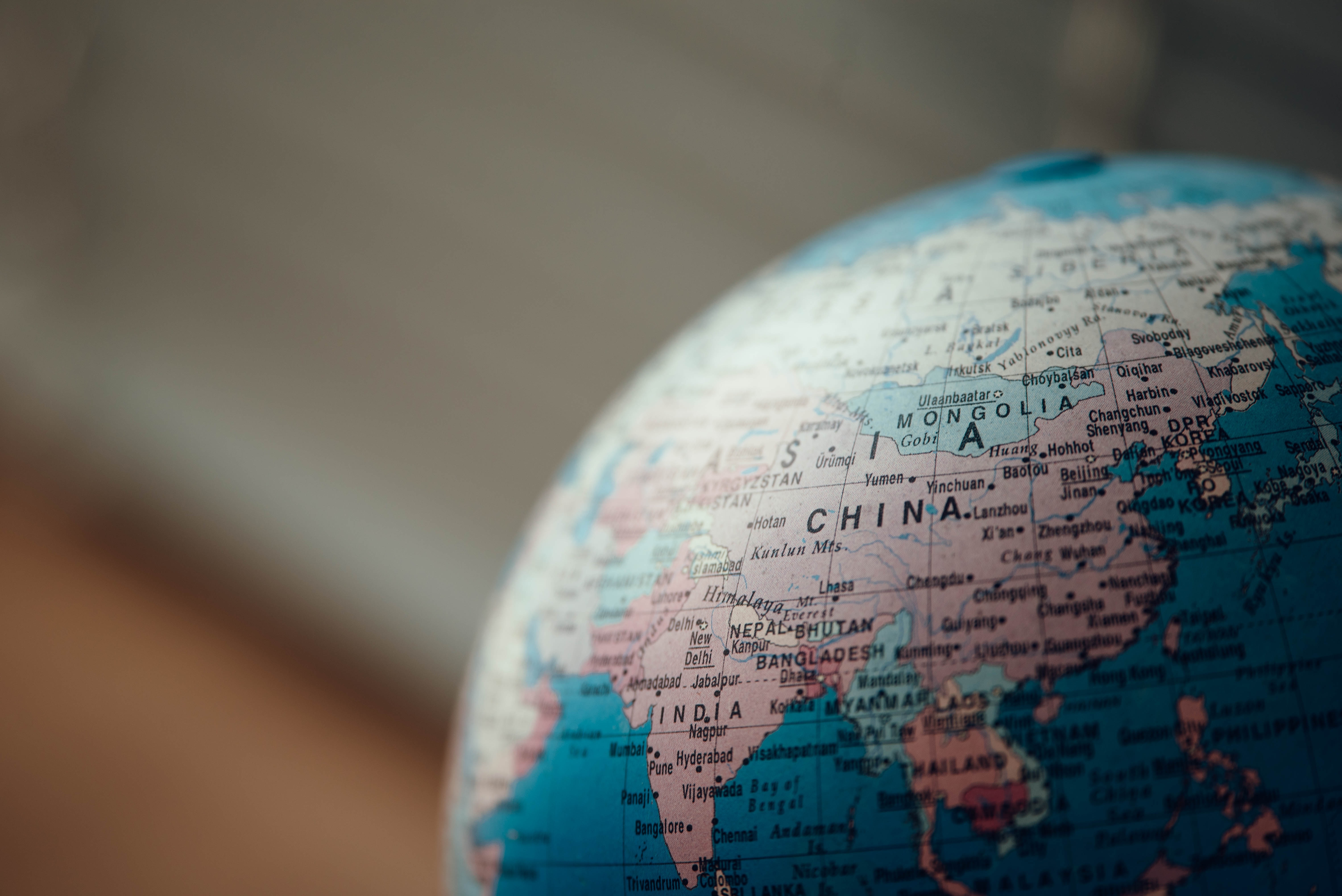What we’d feared has come true. The deadly coronavirus first discovered in the central city of Wuhan, has been confirmed by China’s officials that it can be spread from person to person.
What exactly is Wuhan Virus?
This new virus belongs to a broad family of coronaviruses that are usually found in animals, with only seven (including the latest Wuhan virus) known to infect humans. The source of the outbreak is believed to be Wuhan’s Huanan Seafood Wholesale Market, a large seafood market that sells live animals and raw meat.
The coronavirus, known as 2019-nCoV, causes pneumonia, with respiratory symptoms, fever, cough, shortness of breath and breathing difficulties. Little else is known about the virus, but it has been compared to the Severe Acute Respiratory Syndrome (SARS) virus, which killed almost 800 people across mainland China and Hong Kong in the period of 2002 to 2003.
Where are the affected countries?
The number of infected persons in China has surged over the past few days with over 400 cases mostly centered in Wuhan, though other cities like Beijing, Shanghai and Shenzhen have also reported cases. Nine deaths have since been confirmed.
The spike in cases is believed to be due to the upcoming Lunar New Year celebrations, China’s largest holiday event whereby billions of people travel around China to visit their families.
The virus has also spread to other countries. Two cases have been identified in Thailand, one in Japan, one in South Korea, one in Taiwan and one in United States. All six infected people have either lived in Wuhan or visited there recently.
In Singapore, the number of suspected cases has gone up to seven, and all of them have been warded and isolated as a precautionary measure. MOH has also beefed up precautionary measures in Changi Airport, with temperature screening implemented for all inbound travellers from China.
A new virus like this coronavirus means a rapidly changing situation. For the most reliable up-to-date intel on the virus, constantly keep yourself updated at the WHO’s and CDC’s websites.
How to keep yourself Safe
In accordance to MOH’s guidelines, all travellers and members of the public are advised to:
- Avoid contact with live animals including poultry and birds, and consumption of raw and undercooked meats;
- Avoid close contact with people who are unwell or showing symptoms of illness;
- Observe good personal hygiene;
- Practice frequent hand washing with soap (e.g. before handling food or eating, after going to toilet, or when hands are dirtied by respiratory secretions after coughing or sneezing);
- Wear a mask if you have respiratory symptoms such as a cough or runny nose;
- Cover your mouth with a tissue paper when coughing or sneezing, and dispose the soiled tissue paper in the rubbish bin immediately; and
- Seek medical attention promptly if you are feeling unwell.
Let’s all do our part as responsible travellers and adhere to the guidelines so that all of us can stay safe and have a happy vacation!


